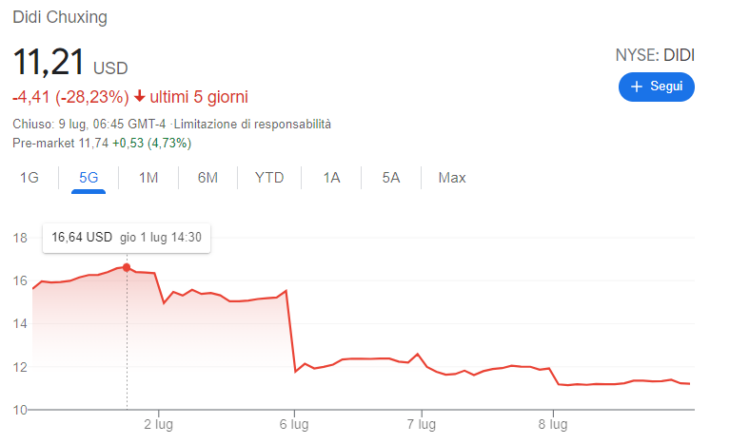

Another 25% of the proceeds will be spent on marketing and branding, and the rest for "strategic investments and acquisitions." Ximalaya says it intends to use another 25% of its proceeds to expand and enhance its content offerings, as well as "empowering" content producers, although the company doesn't clarify what empowering means in this context. These technologies are critical in gaining insights into user preferences and needs, and they are also important for achieving effective censorship of audio content. In its prospectus, Ximalaya says it plans to devote 30% of the offering proceeds to developing and advancing new technologies and its AI and big data capabilities. Ximalaya intends to use the funds raised in the IPO for R&D, content expansion, marketing and investments and acquisitions. The company's total net loss in 2020 was $92.7 million, 21.8% less than its 2019 total loss. In the first quarter of 2021, Ximalaya's net loss reached $40.8 million, a slight dip from the $43.7 million net loss it booked in the same period last year. Advertising and livestreaming made up 26.5% and 17.7% of its annual revenue, respectively.īut like many startups in the audio content market, Ximalaya is facing pressure to turn a profit - the company has consistently lost money since 2018. In 2020, 43.3% of its total revenue came from membership subscriptions and paid services. Ximalaya's main streams of revenue comprise subscription, advertising and livestreaming, which monetizes via sales of virtual gifts to users. In 2020, the company's annual revenue was $620.7 million, up 51.3% from its 2020 figures. According to its preliminary prospectus, Ximalaya booked $176.3 million in revenue in the first quarter in 2021, a 65.2% surge from the same period in 2020. The company's revenue growth has been robust since 2018.

This means China's audio content sector, which Ximalaya leads, offers tremendous growth potential.Īccording to Reuters, Ximalaya's valuation reached $3.71 billion in 2018. figure - 47% - over the same period, according to China Insights Consultancy. But China's online audio monthly active users only counted for 16.1% of the country's total mobile internet users in 2020, a penetration rate far below that of the U.S. The popularity of podcasts and audiobooks in China has been growing, with demand for such content particularly high during the pandemic.Ĭhina is the world's largest online audio market by sheer number of online audio users. Ed.īacked by Tencent, Ximalaya is riding a boom of what Chinese tech insiders call the "Ear Economy" (耳朵经济). IPO despite reported warnings from China's cyberspace regulator, and has since seen its stock fall after Beijing levied significant post-IPO penalties on the company.īecause Ximalaya's preliminary prospectus is still available on the SEC's website, and it provides a wealth of information, the below article, based on that prospectus, still provides a valuable resource for those seeking to understand this important company. Ride-hailing giant DiDi went ahead with a U.S.

Ximalaya joins a growing group of Chinese tech firms that have decided in the face of regulatory pressure from Beijing either not to IPO in the United States, or not to IPO at all. The FT quotes an unnamed source familiar with the company saying, "After communication with the relevant regulators, Ximalaya understands that a Hong Kong listing would be regarded as a preferred outcome." The Financial Times reported on July 8 that Chinese podcasting platform Ximalaya, Inc., which filed to go public in the United States on April 9, has scuttled its IPO.


 0 kommentar(er)
0 kommentar(er)
